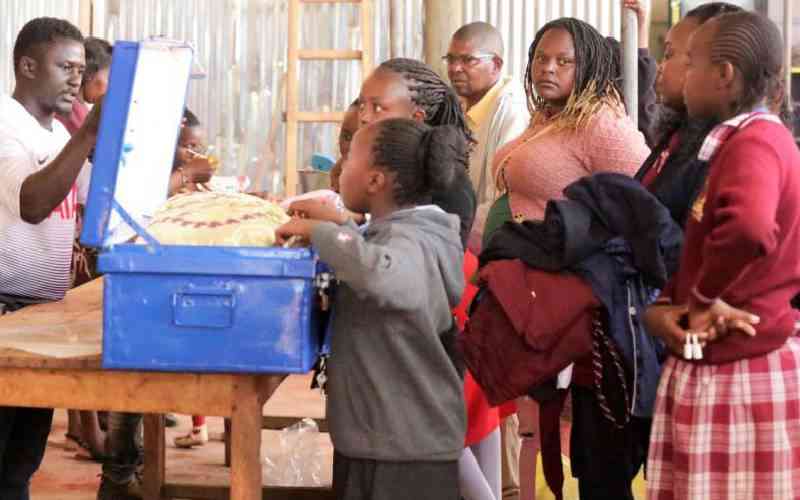×
The Standard e-Paper
Fearless, Trusted News

Junior Secondary is finally here as Grade Seven learners start reporting to school today, heralding the implementation of the second phase of the Competency-Based Curriculum (CBC).
However, the implementation is facing various hurdles including inadequate infrastructure and funding gaps with the government yet to release the promised capitation of Sh15,000 for each learner.







